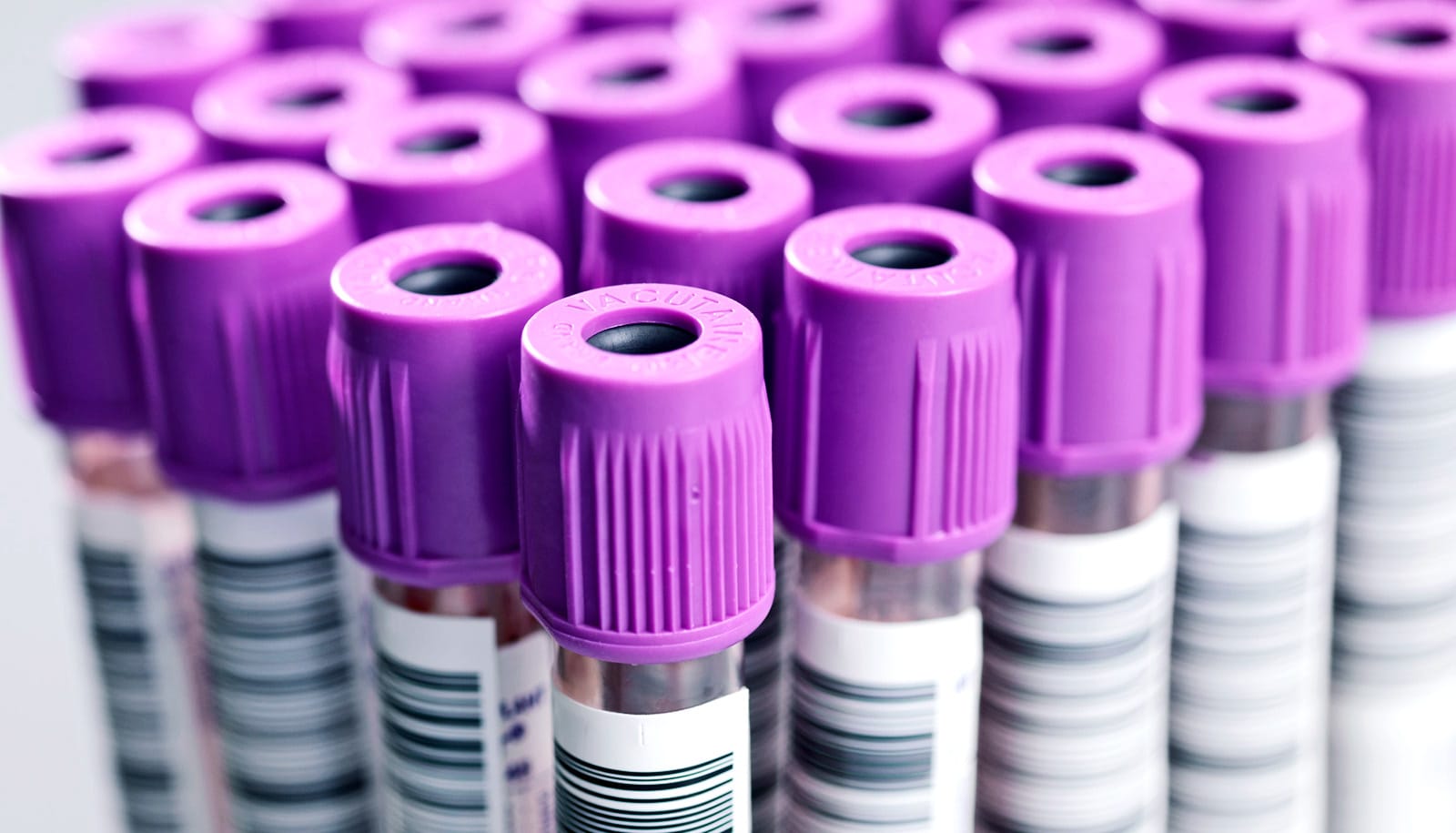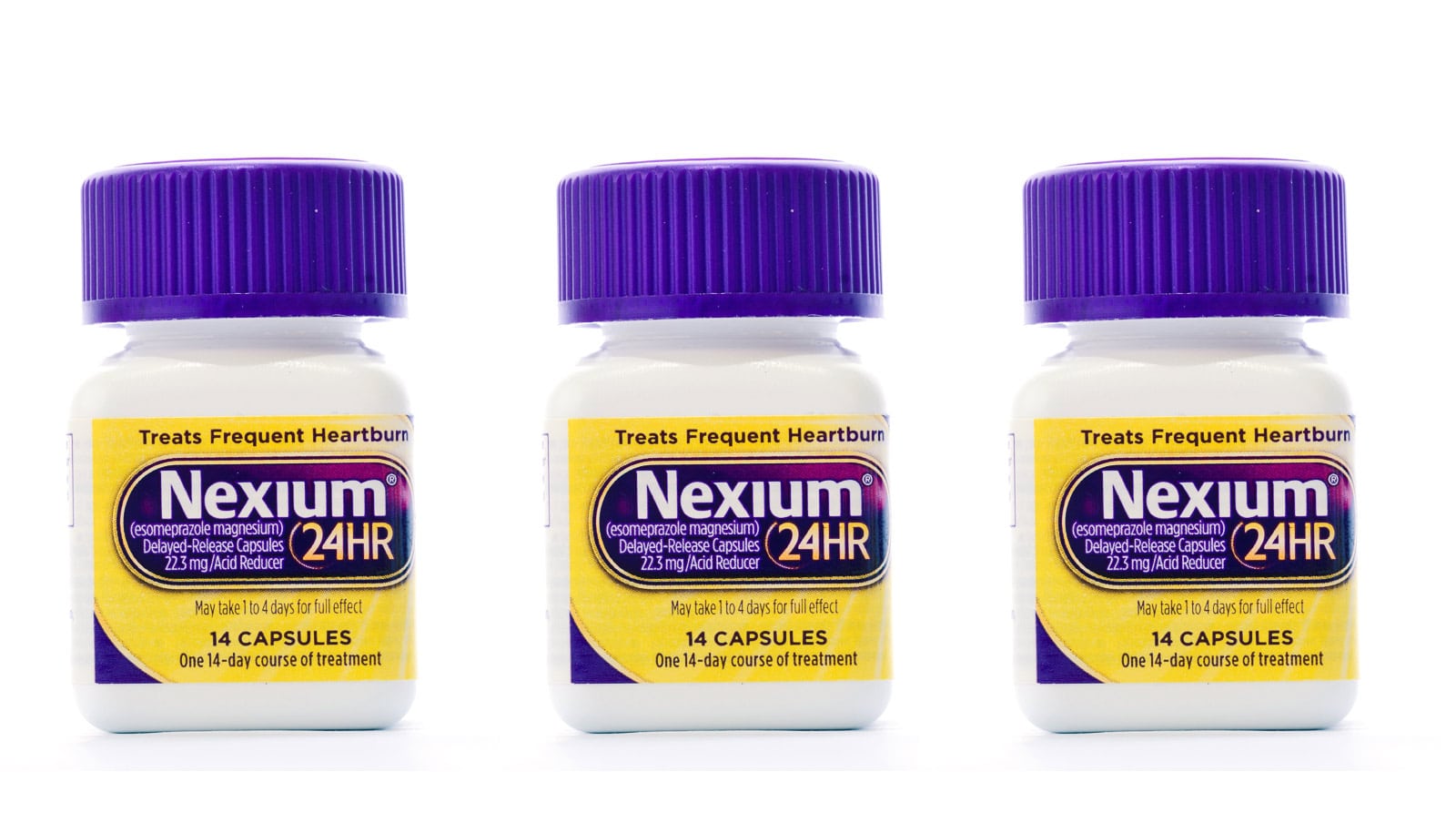New research finds an association between some popular heartburn treatments and iron deficiency.
Heartburn is a symptom of gastroesophageal reflux, which hydrochloric acid rising into the throat causes. This condition affects more than two million Australians. Many people take medications that suppress acid secretion to treat it.
Researchers in Australia have conducted the first population-based study of its kind and found that proton pump inhibitors (PPIs), a class of acid suppressants that many people take for heartburn, gastroesophageal reflux disease (GERD), and peptic ulcers, are associated with iron deficiency.
Iron deficiency is the most common cause of anemia, which affects about 2.2 billion people globally. While many people have heard of anemia, few are aware that this condition, if left untreated, can cause serious health problems and even lead to death in exceptional cases.
“It seems that many doctors are not aware of the time and dose-response in patients using PPIs.”
An Duy Tran, a senior research fellow at the University of Melbourne’s School of Population and Global Health who designed and led the study, says PPIs could lead to iron malabsorption because acid is necessary for iron absorption. “Whether or not PPI use led to iron deficiency has long been inconclusive,” he says.
The study, which appears in Journal of Internal Medicine, used data from more than 50,000 patients and showed that continuous PPI use for more than one year increased the risk of iron deficiency. People using one tablet of 20 mg PPI or more daily had a higher risk of iron deficiency compared with people using less than one tablet daily.
“Many doctors tend to overprescribe proton pump inhibitors and do not rigorously weigh their benefits against their harms,” he says. “It is important to increase awareness about the harmful effects.”
Tran notes, “To my knowledge, current guidelines do not recommend regular iron monitoring during PPI administration. It seems that many doctors are not aware of the time and dose-response in patients using PPIs.”
Other recent studies have shown that long-term use of PPIs is associated with gastric cancer and enteric infection, chronic kidney disease and pneumonia.
More than 19 million prescriptions for proton pump inhibitors were written in Australia during 2013–2014.
Source: University of Melbourne



